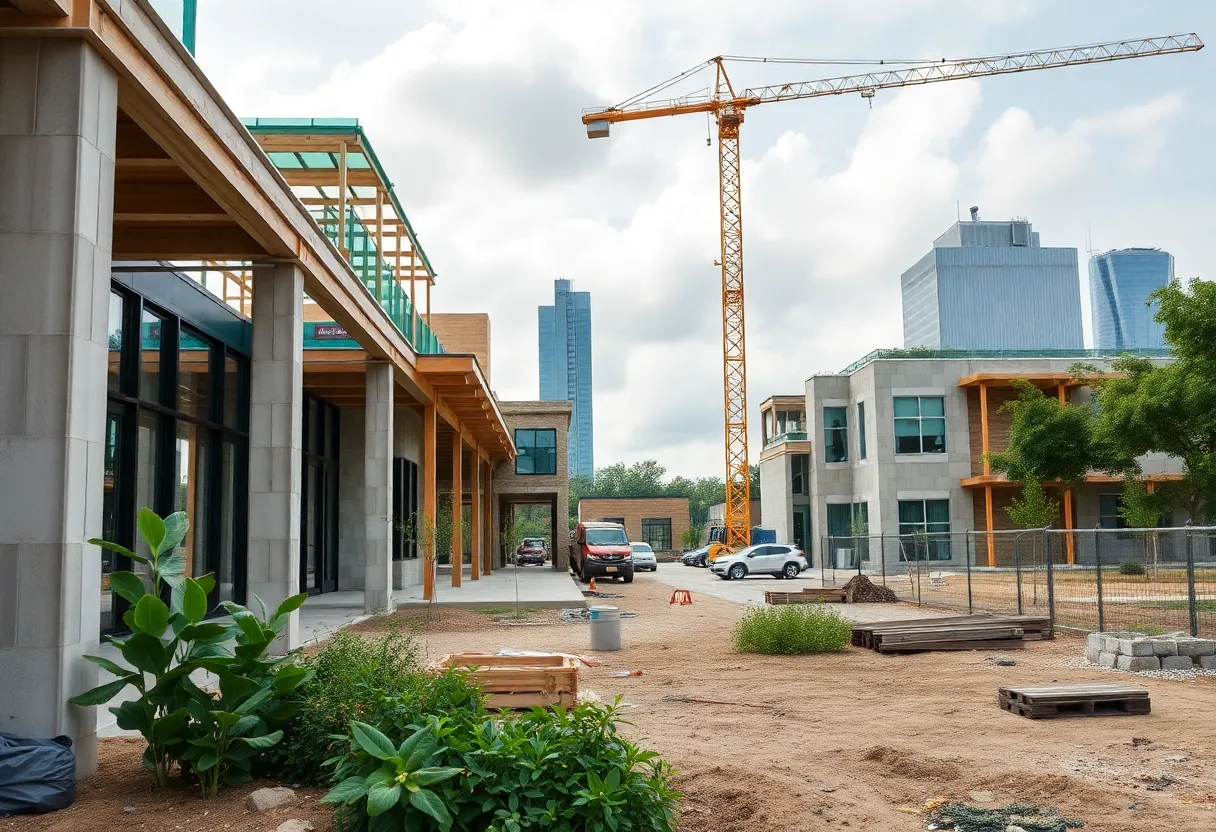News Summary
The Texas Senate has approved Senate Bill 2722, which reallocates excess toll revenue from Harris County to Houston. The $80 million revenue aims to support emergency services on toll roads, with a portion dedicated to road maintenance. Despite support from city officials, concerns arise over funding implications and potential strains between Houston and Harris County. The bill now moves to the Texas House for further consideration.
Houston – The Texas Senate has passed a contentious bill, Senate Bill 2722, with a vote of 21-8, aimed at reorganizing the distribution of excess toll revenue generated from Harris County. This bill was introduced by Senator Paul Bettencourt (R-Houston), and if it gains approval in the Texas House and is signed into law, it will direct 30% of the surplus toll revenue from Harris County to the City of Houston, potentially generating approximately $80 million over the next five years. The revenue is intended to support police and fire emergency responses on toll roads, addressing the city’s escalating public safety demands due to the volume of emergency calls reported on these highways.
From 2022 to 2024, the City of Houston managed over 6,500 emergency calls on its tollways. This proposed financial support is critical as many emergencies occur within the scope of these toll roads. The bill also stipulates that 70% of the excess toll revenue must be used for essential repairs and maintenance of county roads, ensuring that infrastructure remains a priority.
However, not all stakeholders are in favor of this bill. County officials, including Commissioner Adrian Garcia, have voiced strong opposition, arguing that the legislation equates to a bailout for the City of Houston amidst a $330 million budget deficit. Critics warn that diverting funds earmarked for road maintenance would detract from the necessary investments in local infrastructure, potentially undermining critical county projects.
The legislation further restricts the use of toll revenue by prohibiting spending on hiking and biking trails unless mandated by law. The distribution of any remaining funds after the allocation for Houston will be managed based on the conditions of roads in different precincts, emphasizing careful consideration of road maintenance needs.
The bill also incorporates mechanisms for accountability, including audits and penalties for any misuse of the toll revenue, aimed at ensuring responsible management of the funds involved. This is a pointed response amid growing concerns that toll revenues in Harris County have historically been distributed based on political formulas rather than genuine infrastructure requirements.
The support for Senate Bill 2722 from Houston’s Mayor, John Whitmire, highlights a significant divide in opinions, as he argues for the city’s rightful claim to such funds given its role in emergency service provision. Despite the backing from city leadership, the legislation may risk straining relationships between the City of Houston and Harris County. Some county officials fear that the bill, if enacted, might hinder collaboration and compromise future cooperative efforts, as the funding dynamics shift significantly.
Senate Bill 2722 now advances to the Texas House, where it awaits further deliberation. Should it receive final approval and be signed into law, the implications for the allocation of toll revenues could be profound, impacting both Harris County infrastructure funding and the City of Houston’s budgetary framework for public safety services.
The ongoing debate underscores broader concerns about infrastructure funding priorities in Texas, particularly as cities and counties grapple with budget shortfalls and the need for essential services. As the legislative process unfolds, stakeholders throughout the region will be watching closely to see how this contentious issue resolves.
Deeper Dive: News & Info About This Topic
HERE Resources
Apple TV+ Faces Struggles Despite Growing Subscription Base
Additional Resources
- Click2Houston
- Wikipedia: Toll roads in the United States
- Houston Chronicle
- Encyclopedia Britannica: Transportation
- KHOU
- Google Search: Toll road funding Texas
- ABC13
- Google Scholar: Texas toll road funding
- Kurv
- Google News: Toll road funding Harris County

Author: STAFF HERE HOUSTON TX WRITER
The HOUSTON STAFF WRITER represents the experienced team at HEREHouston.com, your go-to source for actionable local news and information in Houston, Harris County, and beyond. Specializing in "news you can use," we cover essential topics like product reviews for personal and business needs, local business directories, politics, real estate trends, neighborhood insights, and state news affecting the area—with deep expertise drawn from years of dedicated reporting and strong community input, including local press releases and business updates. We deliver top reporting on high-value events such as Houston Livestock Show and Rodeo, Art Car Parade, and Chevron Houston Marathon. Our coverage extends to key organizations like the Greater Houston Partnership and Houston Area Urban League, plus leading businesses in energy and healthcare that power the local economy such as ExxonMobil, Schlumberger, and Houston Methodist. As part of the broader HERE network, including HEREAustinTX.com, HERECollegeStation.com, HEREDallas.com, and HERESanAntonio.com, we provide comprehensive, credible insights into Texas's dynamic landscape.





